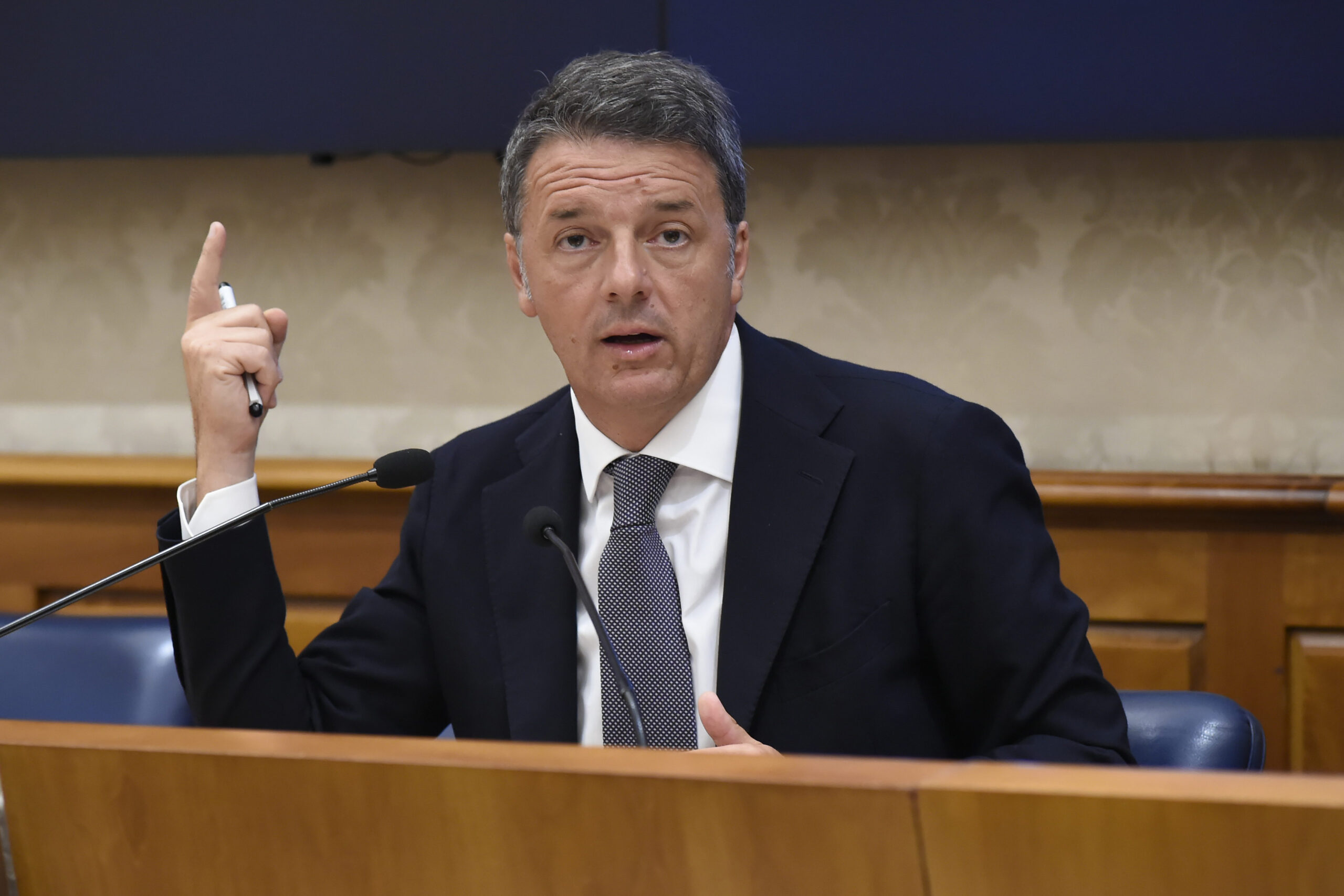Matteo Renzi proposes turning Gjadër refugee center into prisons for Albanians convicted in Italy

Former Italian Prime Minister Matteo Renzi visited the Gjadër refugee reception center in Albania on Wednesday, suggesting that the facility should be repurposed into a prison for Albanian nationals convicted in Italy. Now a senator and an opposition figure, Renzi argued that such a move would allow around 2,000 Albanian inmates to serve their sentences closer to their families.
Why is this important: Renzi’s proposal adds to the ongoing debate in Italy over the use of the refugee center established under an agreement between Italy and Albania. The plan reflects growing criticism from the Italian opposition over the deal’s cost and effectiveness in managing irregular migration.
Context: During his visit, Renzi criticized the Meloni government, claiming the center has failed to reduce the number of illegal migrants and accusing the administration of wasting public funds.
“It would be more reasonable to turn these centers into prisons so that 2,000 Albanians convicted in Italy could serve their sentences closer to their families. We have presented this idea in Parliament,” he said.
Renzi further alleged that the centers serve no practical purpose, claiming they are empty and ineffective while Italian taxpayers bear the financial burden.
“Looking at the budget, the Italian state lost nearly €1 billion from taxpayers to fund this empty facility. Apart from the Meloni-Rama friendship, what is the real reason these centers were built? I believe this money could have been spent on pensions and salaries.”
Legal developments: Renzi’s visit comes shortly after an Italian court referred the case concerning the transfer of migrants to Albania to the European Court of Justice. At the same time, the Meloni government is considering issuing a decree to convert the Shëngjin and Gjadër facilities into repatriation camps for rejected asylum seekers rather than maintaining them as reception centers.
Renzi’s opposition signals a further politicization of the migration deal, adding pressure on the Italian government to justify the initiative.


